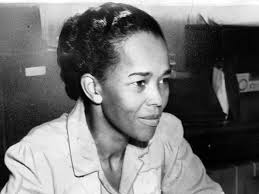Paulo Freire and Ella Baker contribute to the organizing aspects of organizing. Freire presents that organizing and advocacy practices matter in terms of how we do it. Organizing must be such a way to educate and empower people. And if so, there will be positive outcomes towards solving our objectives even if they’re challenging in between. Myles acknowledges that organizing educates individuals no matter their background since mobilizing and organizing integrates education as something indispensable. In fact, education allows people to understand tactics and strategies imperative for organizing, which is also used to guide the purpose of the objective (problem to solve) while also learning the community. Freire also argues that to organize successfully, organizers must teach something. And by doing so, affected individuals will learn about the problems jeopardizing their lives and will be willing to become active in the process of mobilizing and organizing (Horton and Freire).
On the other hand, Ella Baker’s model for social change manifests the need for organizing as well the most difficult part of organizing, which is making sure that participants are informed of resources or events around them if they’re willing to exercise their internal power to make changes in their communities. Organizing in Baker’s term involves creating ongoing groups that are mass-based to represent a problem and provide support until there’s visible change. An example Baker offers is creating SNCC (Student Non-Violent Coordinating Committee), which the community and activists committed to being resilient to identify local leaderships. Next, they helped find ways to create organizations and programs that helped local community members reach their zenith development. As the community works together, other grassroots organizations collaborate to debunk a bigger problem jeopardizing individuals in the community. (Baker). 
